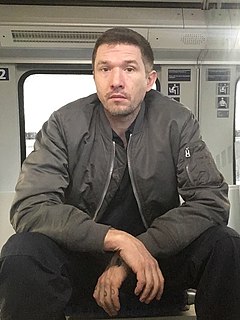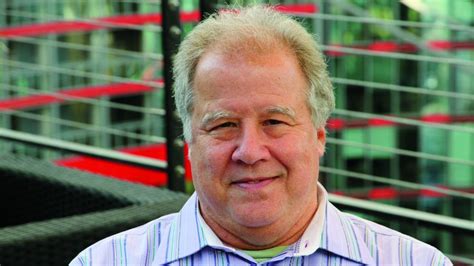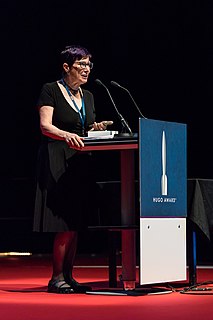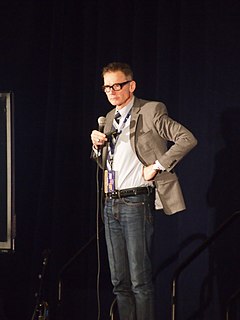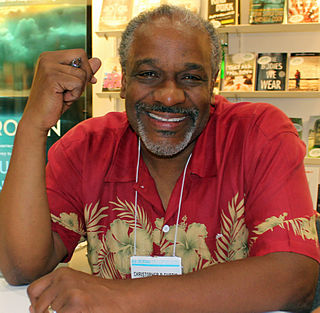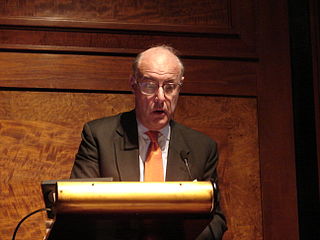A Quote by Virginia Henley
It was an easy decision for me which books to self-publish as ebooks. I got the rights back to two Avon books that I wrote at the start of my career. I paid to have these two books, 'Bold Conquest' and 'Wild Hearts,' scanned. When I got them back as documents, I had to clean them up and correct all the typos, etc.
Related Quotes
I am a product of endless books. My father bought all the books he read and never got rid of any of them. There were books in the study, books in the drawing room, books in the cloakroom, books (two deep) in the great bookcase on the landing, books in a bedroom, books piled as high as my shoulder in the cistern attic...In the seemingly endless rainy afternoons I took volume after volume from the shelves. I had always the same certainty of finding a book that was new to me as a man who walks into a field has of finding a new blade of grass.
For books [Charles Darwin] had no respect, but merely considered them as tools to be worked with. ... he would cut a heavy book in half, to make it more convenient to hold. He used to boast that he had made Lyell publish the second edition of one of his books in two volumes, instead of in one, by telling him how ho had been obliged to cut it in half. ... his library was not ornamental, but was striking from being so evidently a working collection of books.
I'm such an old fart that I started buying books on film and TV and radio and music when, for television, the entire shelf of books was only a couple of them. You go into the '70s before you start getting books on TV that you start wanting to collect. And by the time that you get to something like the Brooks and Marsh book it's invaluable. My house got hit by lightning in 1989 and burned down. And I got more than a half dozen Brooks and Marsh books sent to me by friends immediately, as though that's what you need more than clothes or food. That's how treasured that book was.
When you talk to people about the books that have meant a lot to them, it's usually books they read when they were younger because the books have this wonder in everyday things that isn't bogged down by excessively grown-up concerns or the need to be subtle or coy... when you read these books as an adult, it tends to bring back the sense of newness and discovery that I tend not to get from adult fiction.
As soon as I got into the library I closed my eyes and took a deep breath. I got a whiff of the leather on all the old books, a smell that got real strong if you picked one of them up and stuck your nose real close to it when you turned the pages. Then there was the the smell of the cloth that covered the brand-new books, books that made a splitting sound when you opened them. Then I could sniff the the paper, that soft, powdery, drowsy smell that comes off the page in little puffs when you're reading something or looking at some pictures, kind of hypnotizing smell.
In the early 21st century, it is easy to condemn the Bond books for being racist and imperialist, sexist and misogynist, elitist and sadistic. But this is merely another way of saying that we cannot understand the Bond books without reference to the personality, the outlook and the 'Tory imagination' of the man who wrote them, and to the time in which he wrote them; and that we cannot understand the 1950s and 1960s without some reference to them, and to him.
I would make up [Theodor] Seuss-like books at night when I was cleaning up from the dinner, you know, putting these little kids to bed, reading them rhyming books. And so that's what I started doing. They were really bad. I have some in a box and it says on the box, it's a note to my kids you know, when I die, if you ever publish these I will come back and haunt you.
The books in Mo and Meggie's house were stacked under tables, on chairs, in the corners of the rooms. There where books in the kitchen and books in the lavatory. Books on the TV set and in the closet, small piles of books, tall piles of books, books thick and thin, books old and new. They welcomed Meggie down to breakfast with invitingly opened pages; they kept boredom at bay when the weather was bad. And sometimes you fall over them.



